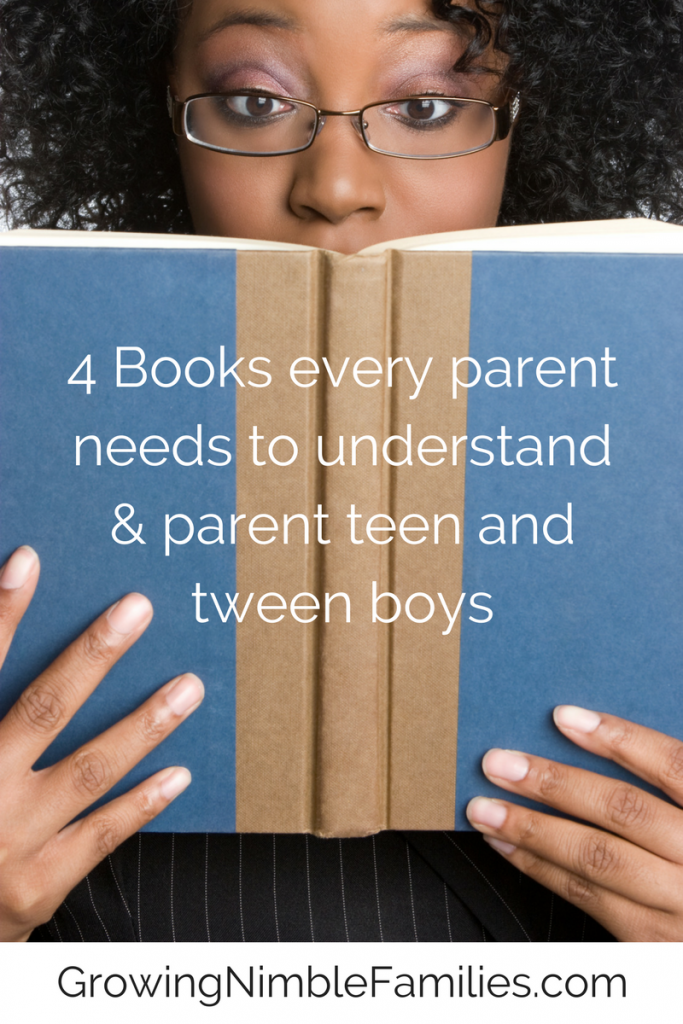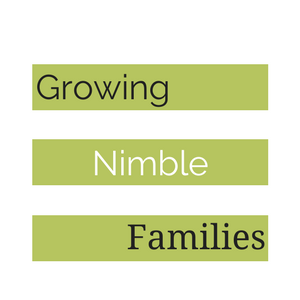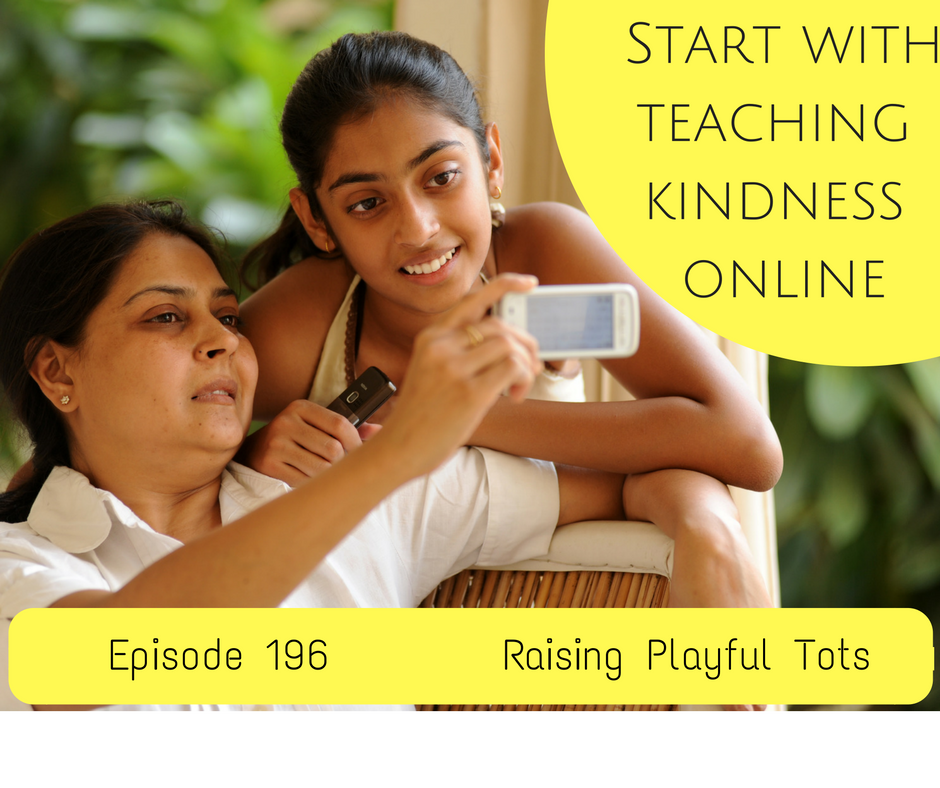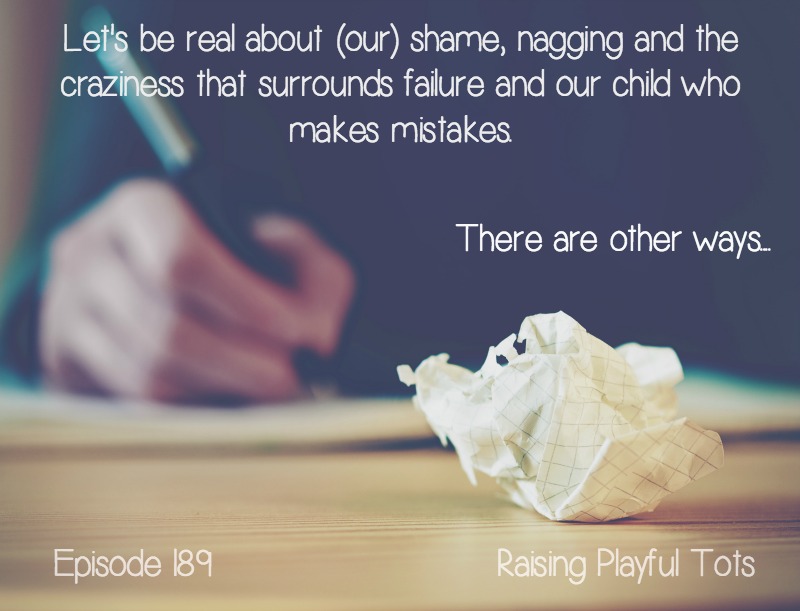
I was a middle school teacher when I started having kids.
I knew tweens and teens. I was terrified of what to do with this totally dependent bundle of joy! What my husband and I did from the start was to focus on what each child needed and learn as much as we could to support them.
We developed the habit of reading and listening to podcasts about what was to come. Some would say it was just like those pregnancy books that talk about each week. We enjoyed learning about stuff to come or where we were.
I’ve been looking forward to the tween/teen years- not just because I have boxes of books (still) that I can’t wait to share but because it’s a brilliant time of awareness, interest and good ole trial and error. They are sometimes childlike and childish and then mature and wise. They hold opinions and experiment with their voice, which may not be what their parents think. I love this dynamic phase.
I wish more parents felt this way that this adolescent stage is exciting and not to be feared. Also, I wish we talked more positively. Before you think I had a bump on the head, I think the language we use feeds into the way we act.
So if I keep saying my child is crazy it’s not really helping the situation, noticing what’s the problem or empowering positive change. For my child to hear or overhear me talk about him in that way surely will impact his internal compass about himself. Maybe what’s really happening needs a reframe by us so that we are helping them to advocate, reflect and learn new things.
We’re raising three boys and I’ve shared my boy books reading list. They are all still valid for the tween and teen times as most of them are split up into the different childhood sections.
Before when you glanced at it, it probably seemed meh! But now you are in the season- let me tell you- pour over those sections!
The fun thing about those books is that we bought different ones according to each of our sons. Not everything related or fit. We tried some things and didn’t go near others. Nothing beats though going through this with someone in real life. Talking things through with a friend. Words can only do so much on a page- hearing is so much more powerful.
4 Books every parent needs to understand & parent teen and tween boys
Here are the books that I’d encourage you to read to support you parent teen and tween boys and help you develop your family ideas.
Under pressure- Putting the child back in childhood
This book looks at different aspects of childhood and how we manage it. Before we are headlong sucked into technology or homework, for example, the author shares the current state of play. By the end of each chapter, you certainly have a sense about how you want to manage things in your home or how you don’t want to go in that direction. I particularly like how he addresses the ones that creep up on you like toys and discipline. Before you know it you’re overrun with toys and get stuck in a discipline rut. Good food for thought and not expecting a one size fits all parenting solution.
UnSelfie: Why Empathetic Kids Succeed in Our All-About-Me World
For some kids skills like empathy, compassion and service come very easily. It seems to be just part of their personality. Boys, in particular, have a harder time with these types of skills. They often are seen as girly or makes them look soft, especially during the childhood years. Now we know that emotional literacy is vital for success in life and work this book gives examples to help children be more empathetic. They have ideas for school age and through adolescence. It’s a very practical book. I’ve been able to try activities with the boys and find positive ways of talking about empathy.
The Gift of Failure: How the Best Parents Learn to Let Go So Their Children Can Succeed
Before the kids get to change schools to secondary or middle school this is the book to read. It will help you as a parent navigate these next years confidently. Split into three parts each challenges our 21st-century parenting talking about failure, encouragement, mistakes, success and succeeding at school. Lahey doesn’t just offer suggestions but guides you through the process and explains why we should or shouldn’t clearly.
Whether to pay for grades or bring in forgotten homework the author goes through this common conundrum that parents slip into and explains how they really play out in the long run. I love the food for thought and again it’s not prescriptive. She just gives you the information and you decide for your family. It’s one of my favourite book recommendations. I loved the audio version as a reminder.
Mindsets for Parents: Strategies to Encourage Growth Mindsets in Kids
Lots of books say, don’t do that but do this instead which is good. But sometimes we want to know why we shouldn’t do what we are doing ( Seems to work well. It’s what I’ve always done. Worked on me etc) This book breaks down one way and shows an alternate and why it is better. It’s been really useful as the type of praise we use has changed from straight, ‘ Good job’ to more descriptive and strategic praise.
The authors take time to explain with examples so it’s easy to relate to our everyday home situations. Just like the previous suggestion, this book is a cheerleader for parents helping them to develop a way of thinking that supports adolescent life. It talks about brain development, growth mindset, perseverance, resiliency all things that need plenty of development and can’t be just switched on.
Articles
We are learning new things regularly with studies giving us new and valuable insight into parenting ideas we’ve always used. The first talks about the explosive field of brain development. The second encouragement to remain involved even when the going gets tough.
“New and ongoing scientific research, utilizing functional magnetic resonance imaging (f MRI), demonstrates that during adolescence nearly every aspect of the brain is undergoing dramatic changes–changes that are not just genetically determined, but are greatly affected by experiences and environment. The “nature versus nurture” debate is no longer relevant, as research clearly documents that both have impressive impact.” American College of Pediatricians – May 2016
“As parents’ rights have been diminished, children’s rights have been expanded…… The undermining of parental rights and expansion of children’s rights is happening during an era when scientific studies clearly demonstrate that children need their parents. This is based on imaging technology in the assessment of brain development. American College of Pediatricians – May 2013
What I think you’ll enjoy about these selections is the upbeat, positive way each of these authors leads you through the tweens and teens time.
If you liked this, you will LOVE these other posts:

















